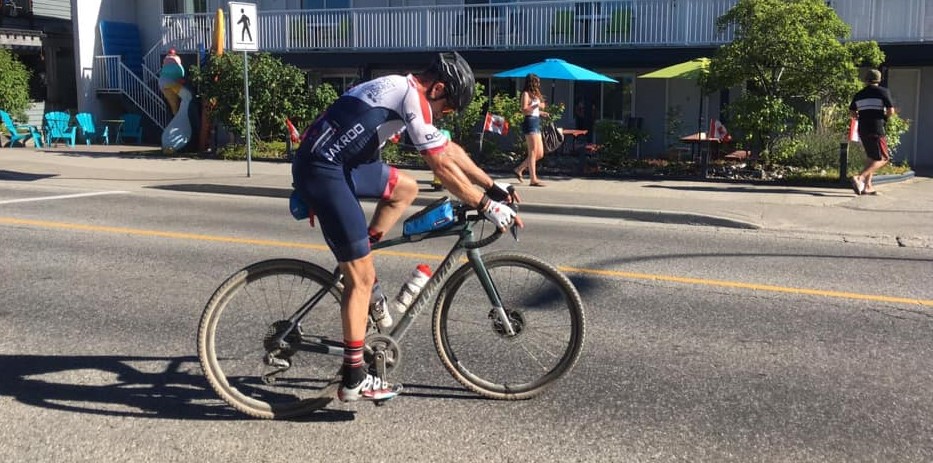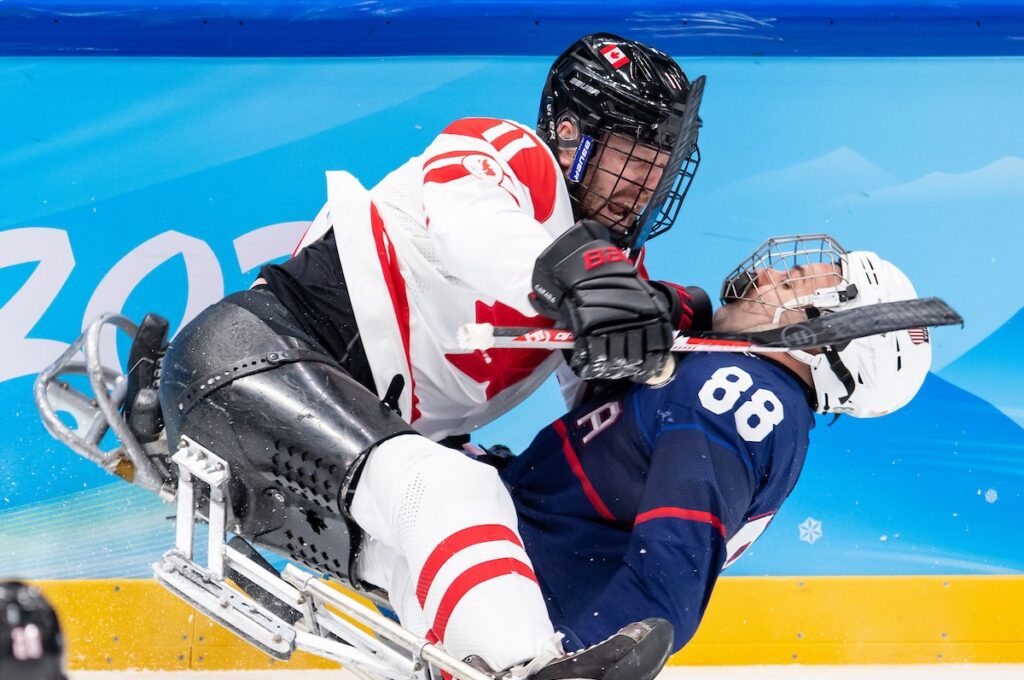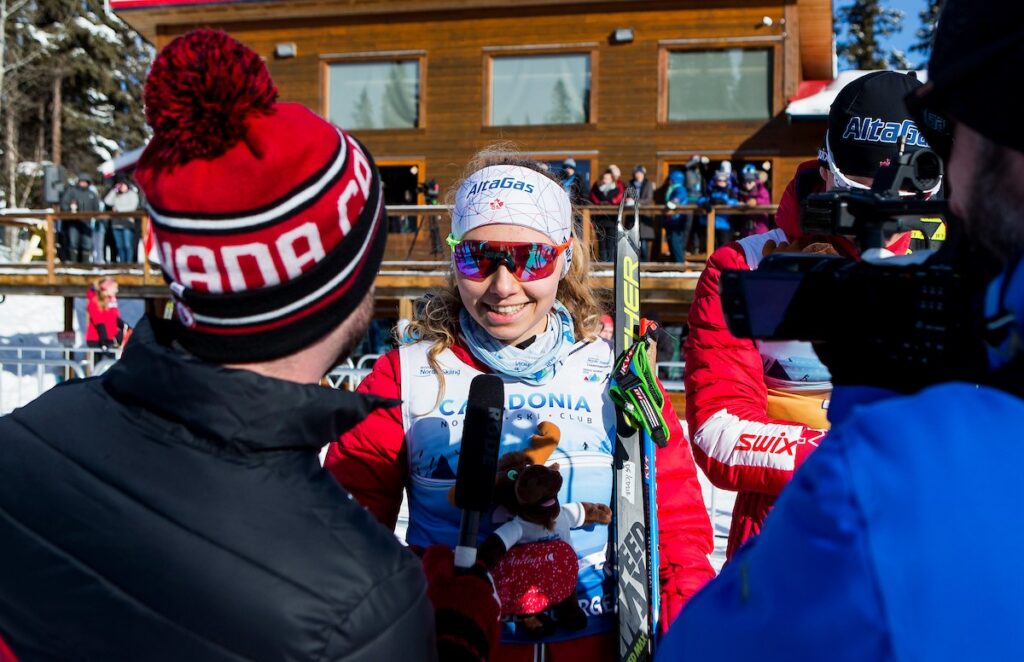For Chernove, BC Epic 1000 ride was all about giving back
“I feel pretty beat up”

Tristen Chernove knows the life of a high-performance athlete can be all self-consuming. In an individual sport such as cycling, the hours of training required to be among the best in the world along with recovery periods leaves little time for any other endeavours.
“I often feel quite selfish and guilty as a high-performance athlete,” said the 45-year-old from Cranbrook, BC on Thursday afternoon.
“So much of the focus has to be about me and my own performance. I don’t feel I make opportunities to feel like I’m a giving person as much as I would like to.”
But with COVID-19 wiping out the entire race season, the 2016 Paralympic Games triple medallist had a golden opportunity to display his charitable side. And Chernove didn’t go easy on himself – choosing to take on the BC Epic 1000 in support of the Paralympic Foundation of Canada. That’s a 1,066-kilometre ride through south central British Columbia from Fernie to Merritt mostly along the Trans Canada Trail.
Not only did he become the first Para cyclist to complete the ride but he beat the previous course record of three days, 15 hours and 33 minutes by about eight and a half hours. He started on Saturday July 18 at 4 a.m. local time and finished on Tuesday morning at 11:05 a.m.
He also raised over $33,000 towards providing more opportunities for Canadians with a disability to be active in sport. Over $13,000 was donated by supporters across the world, while Canadian Tire Corporation, Pfizer Canada, Old Spice, and Petro-Canada each contributed $5,000.
Supporters can still donate via the fundraising page.
“I’m just thrilled with the funds raised and people’s generosity. Equally important is awareness and the perception of what people with a disability can achieve, which is anything they want.
“I want to be an example of that.”
He also did the journey solo. There was no group of physios, coaches or family accompanying him.
Fellow national team rider Ross Wilson stayed in the environs in a motor vehicle and they would touch base in the evening and morning. With no cell service in many areas, Chernove communicated with Wilson through a satellite hook-up on his mobile phone.
There was also another rider attempting the same feat as Chernove, but they were rarely together and the Paralympian finished well ahead.
How does Chernove feel?
“I feel pretty beat up,” he said two days after his finish. “My hands are numb and swollen. But I’m not too stiff or sore and I can walk around.”
Chernove didn’t sleep through the entire journey. He did “lay down” at a tiny motel on the second night and roughed it the other night.
What was it like riding at night?
“It was very dark and there wasn’t a lot of moon. It made for beautiful night sky views with the stars but it was really hard to read the shadows from my light, especially on off-road gravel terrain and rocky trails. It plays tricks with your eyes which makes it hard to keep a good speed up.”
What was the terrain like?
“There was tons of climbing. It was almost like doing two Everest Challenges. I climbed over 12,000 metres of elevation. On day one, the ride is the highest road in Canada. We go from 900 metres above sea level in Cranbrook over Gray Creek Pass at over 2,000 metres. Then the climb from Rock Creek to Penticton is very slow going and rough sandy gravel for 80 kilometres.”
What was the weather like?
“It was hot and dry weather. I did battle dehydration. It’s really hard to carry enough fluid when it’s that hot out and you’re working that hard. Especially day one, I got so ahead of schedule. I just went too hard and fast over Gray Creek Pass at the peak heat of the day. I was very near heat stroke and nauseous that I needed to find shade and rest.”
What did he do for food?
“I carried a lot of sandwiches with me and stopped in random places. I ate at the Subway in Castlegar. In Greenwood I made it to a restaurant four minutes before closing. So I maximized it when I dropped into communities when I came out of the wilderness.”
When he arrived at the finish line, Chernove was greeted with a card and flowers from a local citizen who, like Chernove, has Charcot-Marie-Tooth (CMT) disease which affects his lower legs. After a hearty meal, Chernove booked a hotel and slept 12 hours straight before returning home to his wife and two young daughters, who were beaming with pride.
The owner of the airport management company Elevate Airports Inc., Chernove has no plans for a well-earned vacation.
“I only have 411 days until the Games in Tokyo.”
Note: Chernove used a Diverge Gravel bike and did not have one single mechanical issue. “I was thrilled with it,” he said.
To take a look back at Chernove’s updates throughout his journey, check out his Facebook page.



"*" indicates required fields
"*" indicates required fields